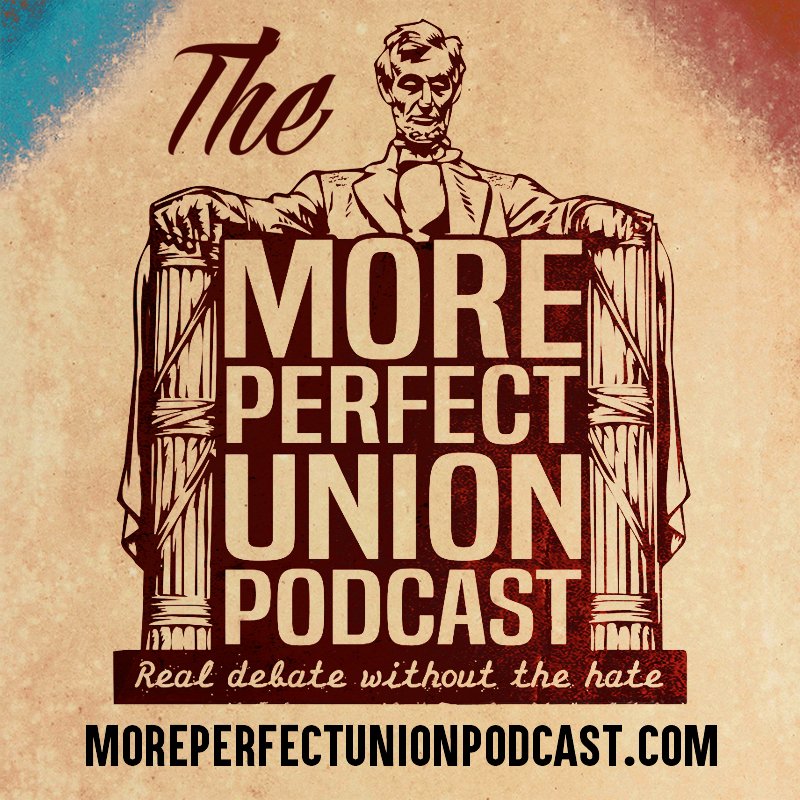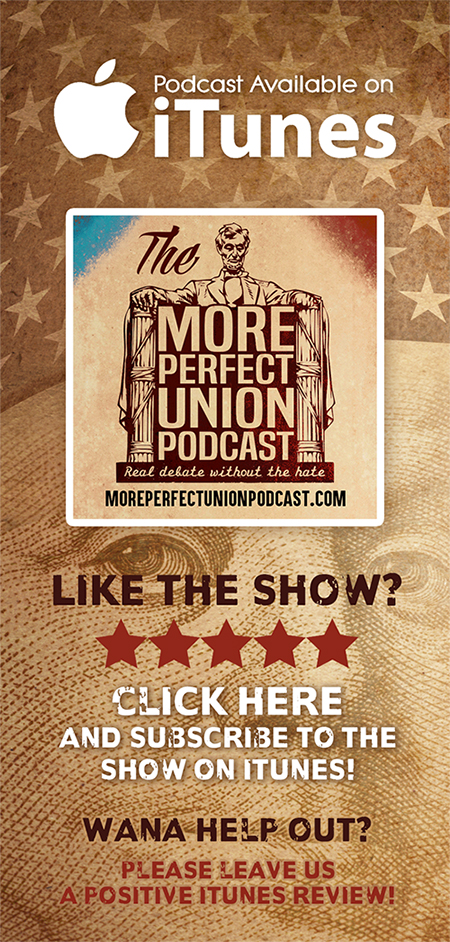

The Week’s Advice for the Democrats: Hold Firm on Culture, Look for Openings From the Right on Economics

The Week’s Advice for the Democrats: Hold Firm on Culture, Look for Openings From the Right on Economics
by D.J. McGuire
There has been a good deal of soul-searching within the Democratic Party about how to avoid repeating the 2014 and 2016 defeats. From what I can tell, most of those who (wisely) advise against careening leftward have recommended (not so wisely) downplaying “cultural” issues in an attempt to win back “working-class whites.” While I call myself a conservative Democrat, I have been advising largely the opposite – a move rightward on economic matters, not cultural ones. Events of the past week outside of the Senate health care votes have shown that to be the better approach.
We can see that in the two LGBTQ+ matters that hit the news cycle – both on Wednesday. In the morning, President Trump tweeted his new policy of banning transgender Americans from the military, including apparently removing those currently in service. Moreover, a White House advisor told Axios (reprinted by Slate) that the policy was expected to divide the Democrats in 2018. Instead, it divided the Republicans by evening (Five Thirty-Eight and Salon). This became the first clear sign that as a “wedge issue,” LGBTQ+ rights send the thin end far deeper into the GOP than the Democrats.
The next example came later that day, when the Justice Department filed a brief opining that the civil rights acts of the 1960s do not apply to sexual identity (New York Times). What matters here is the near complete lack of publicity involved – no tweets, no statement that I can find about the filing, etc. If the Trump Administration felt discrimination against LGBTQ+ Americans in the workplace was a popular position, they would have been far more vocal about it. They weren’t because, well, it isn’t. Again, this is more likely to divide the Republicans politically, and Democrats looking to both score points and do the right thing should consider a push to update civil rights laws in Congress to explicitly include LGBTQ+.
In other words, whether one calls them “cultural” issues, “identity” issues, or anything else, the Democratic Party is more united on these matters than the Republicans, meaning that downplaying these issues is to the Democrats’ disadvantage.
Of course, Democrats do have to make some attempt to reach beyond the Clinton 2016 vote to build a lasting majority. It’s just that they have a much better chance of success by looking righward on economic issues, not cultural ones.
For the theory behind this, I look to Emily Ekins’ report on the five different types of Trump general election voters (Democracy Fund), in particular her discussion of Free Marketeers group (her label):
For the general election, most say their aversion to Clinton, not support of Trump, was their true motivator . . .
(they) are the most educated and highly paid of the Trump groups (and non-Trump voters).
They are more cosmopolitan, the most likely group to know LGBT people, and they are least likely to watch TV or to smoke. Along with Staunch Conservatives, they are one of the most politically engaged and informed voter groups.
. . . Their own racial identity is not salient to them, and they are similar to Democrats in their warm feelings toward members of minority groups. They also reject nativist conceptions of American identity.
In other words, the Trump Administration’s Wednesday waylaying of LGBTQ+ equality is more likely to make these voters consider the Democrats, not less.
Of course, these folks vote Republican on economic issues, and Republicans aren’t planning to go leftward on economics…
…or are they (Bloomberg)?
White House chief strategist Steve Bannon supports paying for middle-class tax cuts with a new top rate of 44 percent for Americans who make more than $5 million a year, according to a person familiar with his thinking.
I can’t emphasize enough how much of a deep crack this would put in the GOP coalition. Economic conservatives have been chafing at the “establishment” ever since the bank bailout of 2008. They are closer to the Democratic left on the Export-Import Bank (which they – and Bernie Sanders – oppose), and they are deeply worried about Trump’s protectionism. If the Trump Administration resorts to income tax hikes – and that is still an if, right now – many of them would follow my 2016 trail out of the Republican Party.
It may be difficult for many Democrats to consider opening themselves up to economic conservatives and market-friendly policies (although I did provide some examples earlier at what could help), and Democrats must not confuse market-friendly policies with the soft corporatism that makes Wall Street happy. But with more “Free Marketeers” joining me as conservative Democrats, it should be easier for the party to avoid conflating the two.
This would, of course, mean accepting the fact that Trump voters from the “white working class” will not come back, but they’re not coming back anyway, and Gary Johnson voters would more than make up the gaps in Michigan, Wisconsin, Pennsylvania, and Florida. If we can add some economic conservative Republicans from suburban and exurban areas, than perhaps Arizona and North Carolina can be added to the list.
For both groups of voters, it was the Trump Administration, not its opponents, who were out of step Wednesday. As Democrats, we forget that at our peril.
D.J. McGuire is the conservative Democrat on More Perfect Union podcast – and sometimes feels like he is the lone conservative Democrat in the country.






